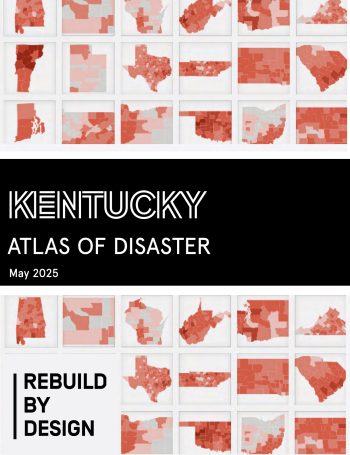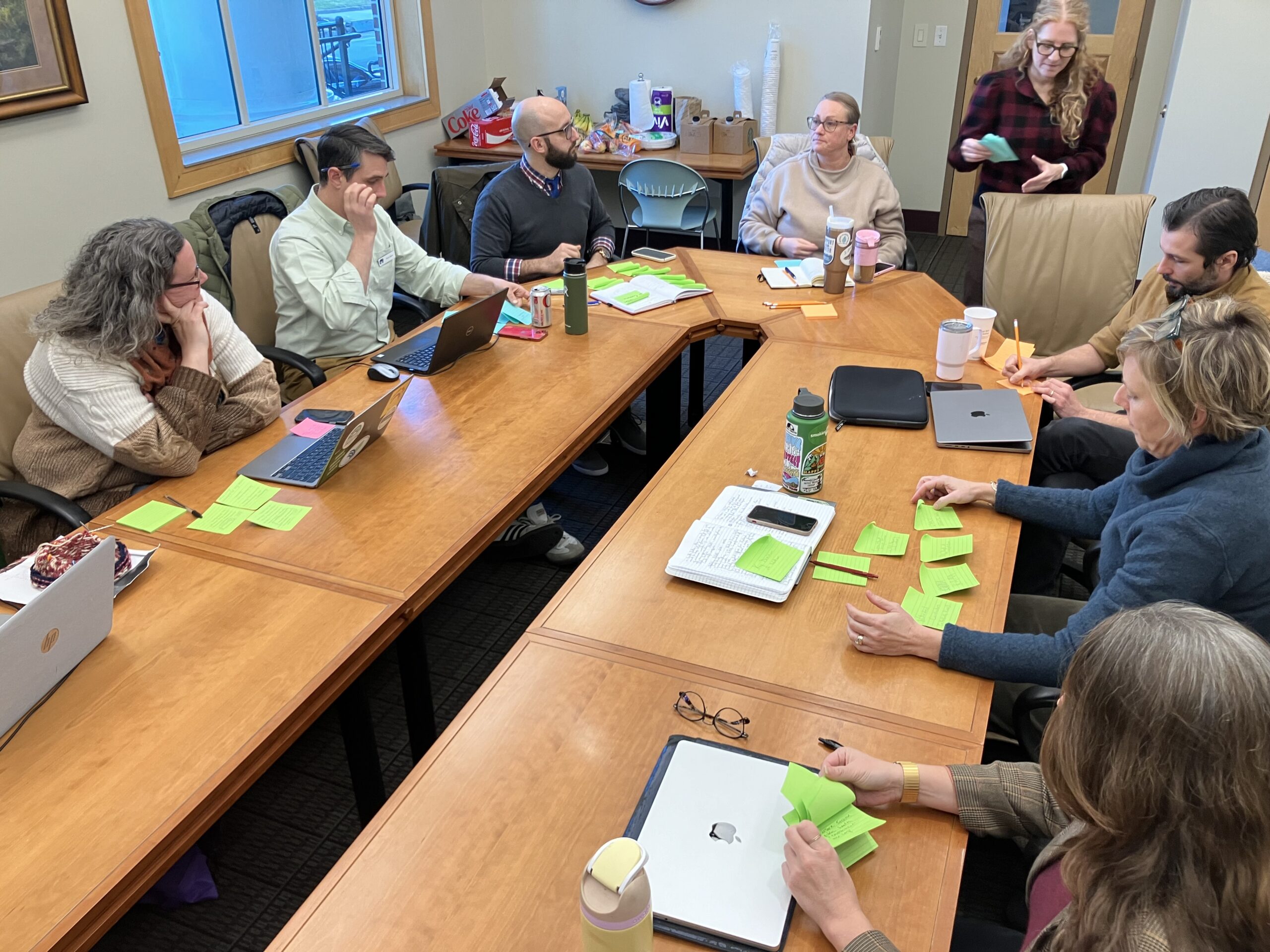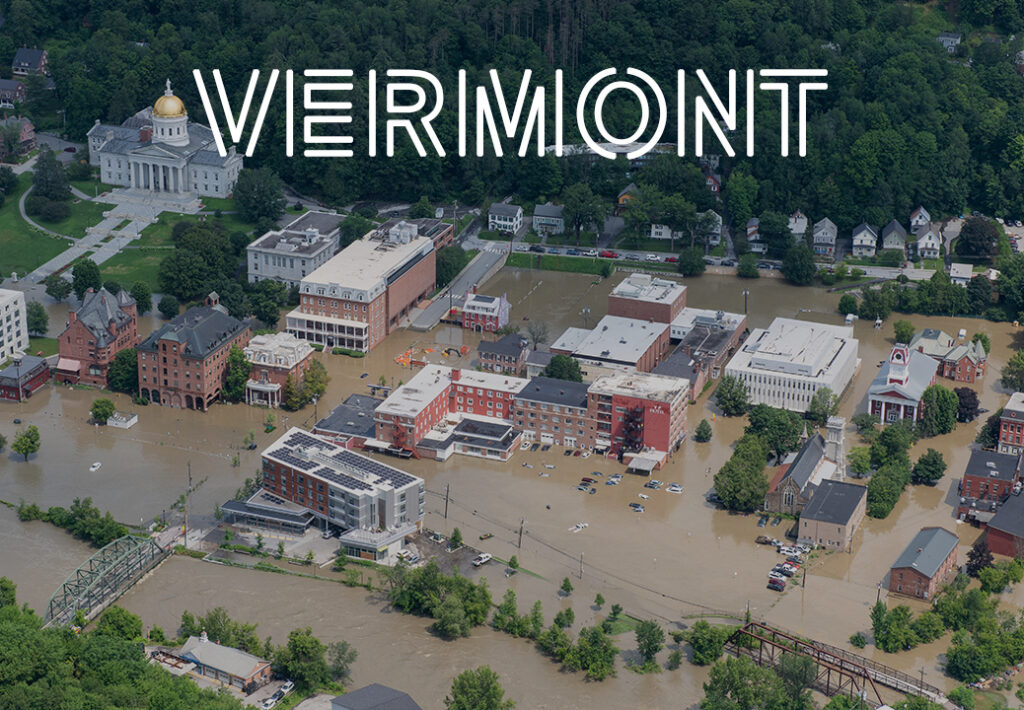Atlas of Disaster: Kentucky Video (50 States, 50 Facts, 50 Weeks Campaign). Watch on Youtube
kentucky cannot wait any longer
Communities across Kentucky face escalating challenges from rising temperatures, extreme storms, and frequent flooding. These threats put people, infrastructure, and the economy at risk. To effectively tackle these challenges, Kentucky must prioritize sustained investments in long-term resilience.
Rebuild by Design’s new report Atlas of Disaster: Kentucky reveals that from 2011 to 2024:
- Kentucky experienced 23 federally declared major disasters, costing taxpayers over $1.5 billion in federal assistance funds.
- 20 of these disasters were flood-related, highlighting the acute flood risk.
- Kentucky has 5 of the top 10 counties in the nation for the highest number of major disaster declarations.
- Counties with the most disaster declarations include Franklin and Johnson Counties (16) and Lawrence, Magoffin, Clay, Lee, and Owsley counties (15 each).
Without bold investment in resilience, Kentuckians will continue paying a steep price. Delaying action increases the burden on taxpayers, diverts funds from essential services, and compounds economic strain on communities already grappling with disaster recovery.
FINDINGS FOR U.S. CLIMATE DISASTERS 2011-2024
23 DISASTER DECLARATIONS
Between 2011 and 2024, Kentucky faced 23 federally declared major disasters—20 of which were flood-related—underscoring the urgency of robust flood mitigation efforts.
$1.5 BILLION IN DISASTER COSTS
These disasters have cost over $1.5 billion in taxpayer dollars, highlighting the growing economic strain on local communities and the urgent need for sustainable recovery funding.
46 DAYS ABOVE 94.6°F
Data from Climate Check estimates that by 2050, Louisville could see 46 days per year exceeding 94.6°F, up from just seven days today. This temperature increase threatens productivity in agriculture, construction, and other outdoor industries.
KENTUCKY COALITION IN ACTION
In January 2025, we facilitated the Kentucky Flood Resilience Coalition workshop in Frankfort, KY, bringing together key organizations committed to strengthening flood resilience across the state. Participants included the Appalachian Citizens Law Center (ACLC), Kentucky Resources Council, LiKEN Knowledge, Kentucky Chapter Sierra Club, Kentucky Waterways Alliance, Ohio River Valley Institute, Kentucky Rural Water Association, The Nature Conservancy, and the Kentucky Conservation Committee. Together, we shared insights from the Atlas of Disaster data and worked to develop strategic approaches for enhancing flood resilience.
Flooding is one of the most pressing challenges facing Kentucky. Five of the top ten U.S. counties with the highest number of recent major disaster occurrences are located in eastern Kentucky, and most of these disasters are due to flooding. Through stakeholder mapping and legislative analysis, this workshop provided an opportunity to identify challenges, align interests, and set coalition priorities that will drive meaningful, tangible outcomes.
A huge thank you to all the organizations and individuals who contributed to this productive convening. Your dedication and expertise are instrumental in laying the groundwork for a stronger, more resilient Kentucky.
To join the coalition or learn more, contact Brendan Muckian-Bates, ACLA at kentucky-flood-resilience-group@aclc.org.
TOGETHER, WE CAN FIX THIS
Kentucky’s future depends on proactive investments and strategic planning today. Shifting weather trends are already impacting lives, livelihoods, and the state’s core industries. With more frequent disasters on the horizon, the time to act is now—we must collectively ensure that every community, from the heart of Appalachia to Louisville, is equipped to face the challenges ahead. By securing sustainable state funding, harnessing community-driven initiatives, and holding leadership accountable, we can build a safer, stronger Kentucky for generations to come.
Champion Statewide Planning: Kentucky urgently needs a comprehensive state adaptation plan. Coordination across sectors, from infrastructure to public health, is critical to safeguard both urban and rural communities.
Secure Sustainable Funding: Establish long-term, state-level funding for resilient adaptation infrastructure—potentially through a Statewide Ballot Measure or an insurance surcharge—to generate the billions necessary for investments in resilient infrastructure.
Empower Local Action: Community-led projects—especially in rural and disadvantaged areas—are crucial. These initiatives must be adequately funded and supported by the state to reduce vulnerabilities, address aging infrastructure, and enable equitable resilience.
Rebuild by Design is working to secure dedicated funding for resilient infrastructure, empowering all Kentucky communities to invest in resilience today.
We are seeking organizations, community leaders, and dedicated advocates who can play an active role in advancing resilience efforts across the state. Your support is critical in securing the funding and policies that will protect Kentucky’s communities and infrastructure for the future. Join us >>



